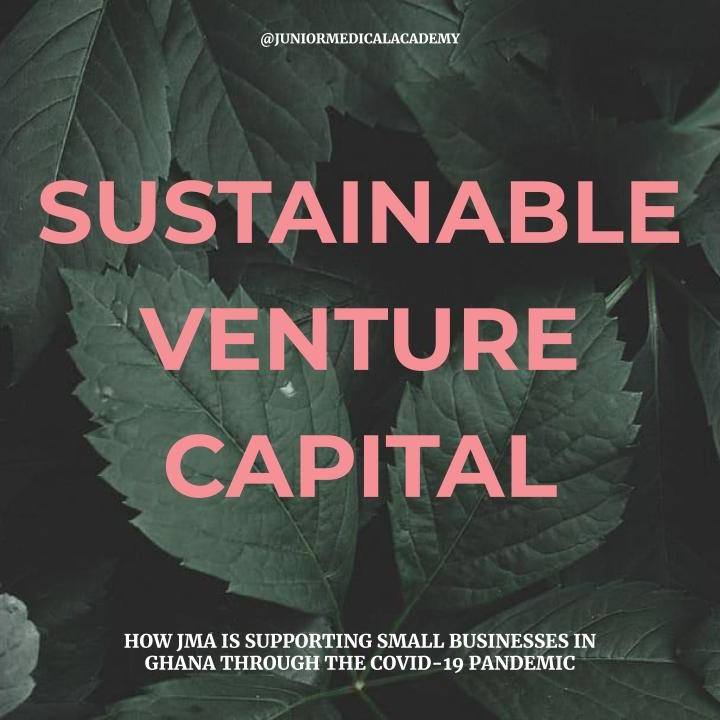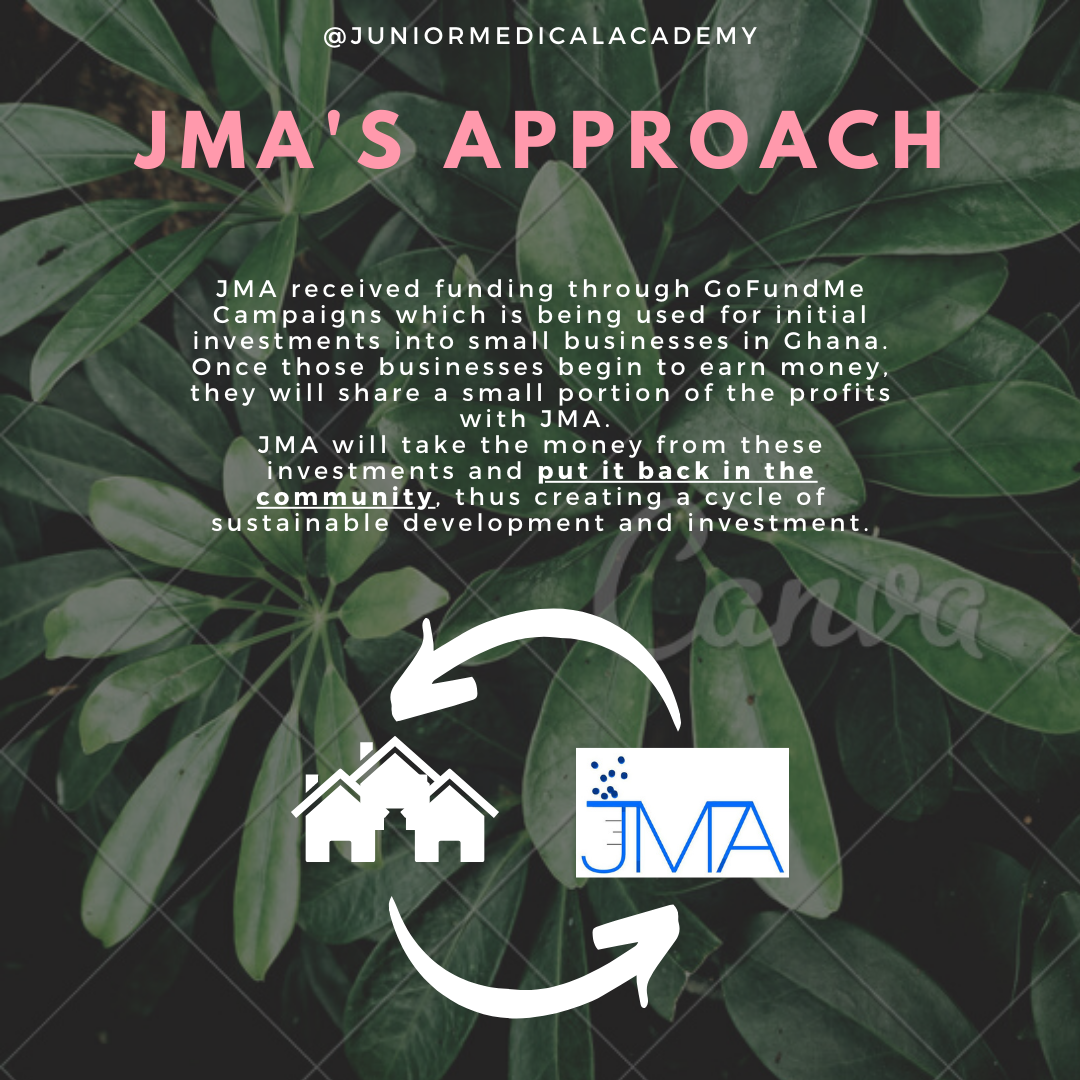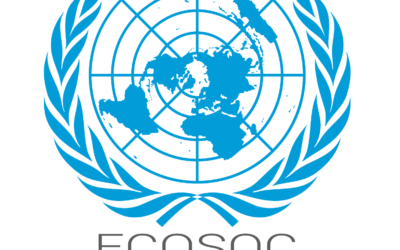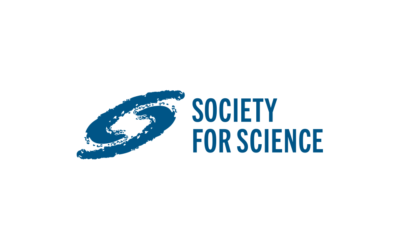

JMA’s Social Impact Venture Capital Initiative stems from our ground up research with our Ghanian partners. It is clear that there is a drive for innovation in developing nations like Ghana. People cook and sell food like noodles and fufu, people knit clothing and design outfits to sell, and some people even make their own detergents/soap and sell them during the time of the pandemic. The common issue is that these motivated entrepreneurs lack the capital to buy their products in bulk and sustain their businesses.
Small businesses also run into this issue of an inability to purchase their supplies in bulk due to unstable revenue flow, and end up having to close down — damaging their own economies.
More pressing is the issue of labor trafficking occurring in mines, where young Ghanians illegally work dangerous jobs in mines to secure money to help sustain their family, instead of getting educated in school. Our thinking must be geared away from how we can throw money to metaphorically place a bandaid on a broken bone; rather, we must start thinking about how we can provide resources to these motivated students and entrepreneurs to allow them to be self sufficient.
While donations can act as beneficial in a vacuum, they are short term and ultimately do little to impact the quality of life and vitality of the communities that they purport to support. Giving resources like food or sanitizers in the meantime, while necessary, only serve as a temporary aid, further perpetuating reliance on external sources of aid. Hence arises the timeless adage: “Give a man to fish and you’ve fed him for a day; teach a man to fish, and you’ve fed him for a lifetime”.
It is imperative to focus on sustainable modalities of aid, which works to empower small businesses and young entrepreneurs — the very backbone of any country’s economy.
This is why JMA has chosen to focus its efforts to invest in small businesses — particularly those that focus on pandemic relief supplies (like businesses selling soaps/detergents, masks, gloves, etc).
In return for our investment, we will be collecting 10% equity from each venture, and reinvesting the proceeds right back into the Ghanian communities they come from, supporting other small businesses, and helping provide covid relief to areas of need.
As an additional stipulation, we’ll require that ventures we invest in have a commitment to helping support their own communities, donating 1-2 of their products (which could be food, detergents, clothing, etc), pro bono, to struggling communities in their area each day. We hope this also has a sustainable spillover effect, where these communities can become self sufficient, and thrive!





0 Comments